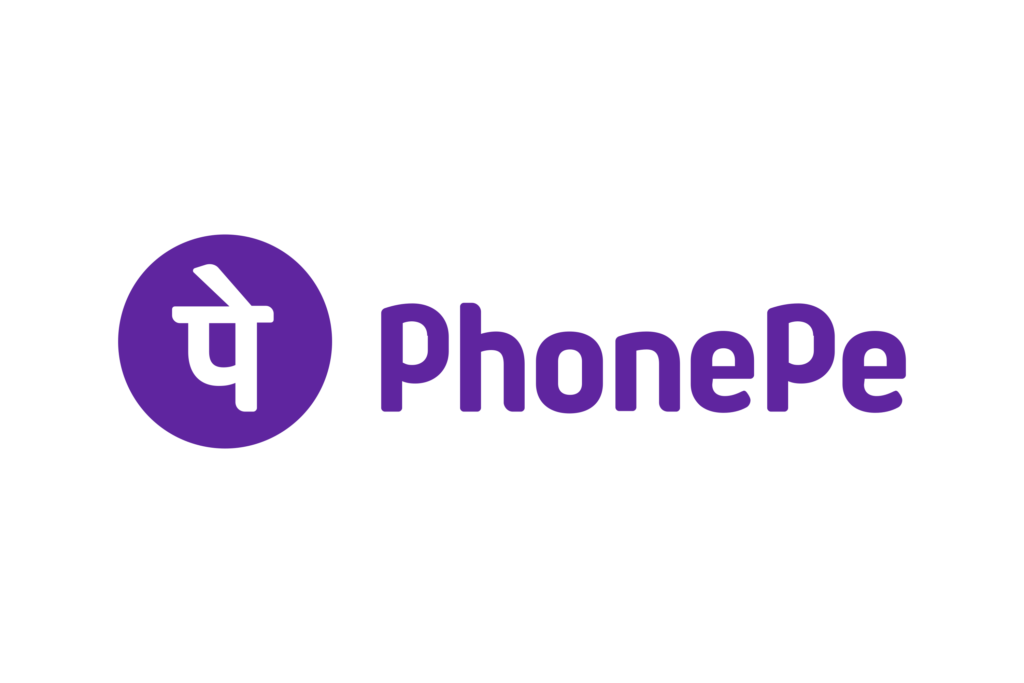In November 2017, Dara Khosrowshahi, the newly appointed CEO of Uber, made a startling revelation about a significant cyber attack that had occurred in October 2016. This breach compromised the personal information of 57 million customers and drivers. Khosrowshahi, in his public disclosure, emphasised the gravity of the situation, stating, “None of this should have happened, and I will not make excuses for it. While I can’t erase the past, I can commit on behalf of every Uber employee that we will learn from our mistakes.” This declaration marked a pivotal moment in the company’s ongoing efforts to rebuild trust and accountability following a period marked by a “toxic” corporate culture, which led to the resignation of the former CEO in June 2017.
The Cyber Attack and Initial Response by Uber
The cyber attack in October 2016 was a massive breach that exposed the personal information of 57 million Uber users, including both customers and drivers. However, instead of notifying the affected individuals and regulators as required by law, Uber chose a different path. The hackers responsible for the breach were paid $100,000 to delete the stolen data and remain silent about the incident. This decision to conceal the breach rather than address it transparently would later lead to severe repercussions for the company and its leadership.
The Fallout and Immediate Consequences
Following Khosrowshahi’s disclosure in November 2017, Uber faced intense criticism for its handling of the breach. Accusations of concealment and failure to notify those affected and the relevant regulatory bodies quickly surfaced. This lack of transparency and accountability was seen as a significant breach of trust, not only with the public but also with governmental authorities tasked with overseeing data protection and cybersecurity.
In the immediate fallout, Uber took decisive actions against those deemed responsible for the incident. Two employees directly involved in the 2016 incident response were terminated. This move was part of a broader effort to demonstrate a commitment to rectifying the company’s internal culture and handling of such critical incidents.
Appendix: Timeline of Events of Uber’s Attack
| Date | Event |
| October 2016 | Cyber attack on Uber compromising 57 million users’ data. |
| June 2017 | Former CEO resigns amid criticisms of a toxic corporate culture. |
| November 2017 | New CEO Dara Khosrowshahi discloses the 2016 breach. |
| September 2018 | Uber agrees to a $148 million settlement with U.S. states. |
| 2018 | European data protection agencies impose additional fines on Uber. |
| July 2022 | Uber enters a non-prosecution agreement with the FTC. |
| October 2022 | Former CISO convicted of federal charges for concealing the breach. |
| May 2023 | Former CISO sentenced to probation, community service, and fined. |
| October 2023 | Former CISO appeals the conviction. |
Legal Repercussions and Settlements
The consequences of Uber’s initial response to the breach were not limited to internal actions. In September 2018, the company agreed to a substantial settlement of $148 million. This settlement was part of a broader resolution with multiple U.S. states, reflecting the widespread impact and the significant legal ramifications of the breach and its subsequent concealment.
In addition to the U.S. settlement, several European data protection agencies also imposed fines on Uber in 2018. These fines were a direct result of the breach and the company’s failure to promptly notify the affected individuals and regulators, as required under various data protection laws, including the General Data Protection Regulation (GDPR) in Europe.
Federal Trade Commission Involvement
In July 2022, Uber entered into a non-prosecution agreement with the Federal Trade Commission (FTC). This agreement marked a significant turning point, as Uber officially accepted responsibility for hiding the data breach and agreed to cooperate fully with the FTC. As part of this agreement, Uber committed to assisting in the prosecution of their former Chief Security Officer (CSO), who faced charges of obstruction of justice for his role in attempting to hide the data breach from the FTC.
Conviction of the Former Chief Information Security Officer
The legal proceedings took a dramatic turn in October 2022 when Uber’s former Chief Information Security Officer (CISO) was convicted of federal charges for concealing the breach. This conviction was notable, as WIRED described it as “a rare criminal consequence for an executive’s handling of a hack.” The case set a precedent in the cybersecurity and corporate governance fields, highlighting the personal accountability of executives in the management of data breaches.
Sentencing and Public Reaction
In May 2023, the former CISO was sentenced to three years of probation, 200 hours of community service, and ordered to pay a $50,000 fine. The sentence was met with mixed reactions. While some observers viewed it as a step towards holding executives accountable for cybersecurity failures, others criticized the sentence as being too lenient, questioning whether it truly served as a deterrent for future misconduct. This debate underscored the broader challenges in balancing justice and accountability in the rapidly evolving field of cybersecurity.
Appeal of the Conviction
In October 2023, the former CISO appealed his conviction, adding another chapter to the ongoing saga. The appeal process highlighted the complex legal landscape surrounding cybersecurity breaches and the responsibilities of corporate executives. As the legal proceedings continue, the case remains a significant reference point in discussions about executive accountability and the legal ramifications of data breaches.
Lessons Learned and Moving Forward
The Uber data breach case serves as a critical lesson in corporate governance, cybersecurity, and crisis management. The company’s initial decision to conceal the breach rather than address it transparently had far-reaching consequences, both legally and reputationally. The case underscores the importance of prompt and transparent communication in the wake of a cybersecurity incident, as well as the need for robust internal policies and a culture of accountability.
Dara Khosrowshahi’s commitment to learning from past mistakes and implementing changes at Uber reflects the broader need for companies to prioritize cybersecurity and ethical governance. The case also highlights the increasing scrutiny and potential legal consequences that executives may face in the wake of cybersecurity failures.
Conclusion
The Uber data breach and its aftermath illustrate the profound impact that cybersecurity incidents can have on companies, their executives, and the broader public. The case serves as a stark reminder of the importance of transparency, accountability, and ethical governance in the digital age. As companies continue to navigate the complexities of cybersecurity, the lessons learned from Uber’s experience will undoubtedly shape future practices and policies in the field.
FAQs
1. What was the extent of the data compromised in the Uber 2016 breach?
The breach compromised the personal information of 57 million users, including both customers and drivers. This data included names, email addresses, phone numbers, and driver’s license information.
2. How did Uber initially respond to the 2016 data breach?
Instead of notifying affected individuals and regulators, Uber paid the hackers $100,000 to delete the data and keep the breach quiet. This decision led to significant criticism and legal repercussions.
3. What legal actions were taken against Uber following the breach disclosure?
Uber faced a $148 million settlement with U.S. states, fines from European data protection agencies, and entered into a non-prosecution agreement with the FTC. Additionally, the former CISO was convicted and sentenced for concealing the breach.
4. What changes did Uber implement after the breach was disclosed?
Uber introduced enhanced security protocols, regular audits, comprehensive employee training on cybersecurity, clear protocols for breach disclosure, and cultural reforms to promote transparency and accountability.
5. What are the broader implications of the Uber data breach for the tech industry?
The breach underscored the importance of proactive security measures, effective crisis management, regulatory compliance, executive accountability, and maintaining public trust through ethical practices and transparent communication.
Click here, to know more about Blackbaud Paid Ransom.









